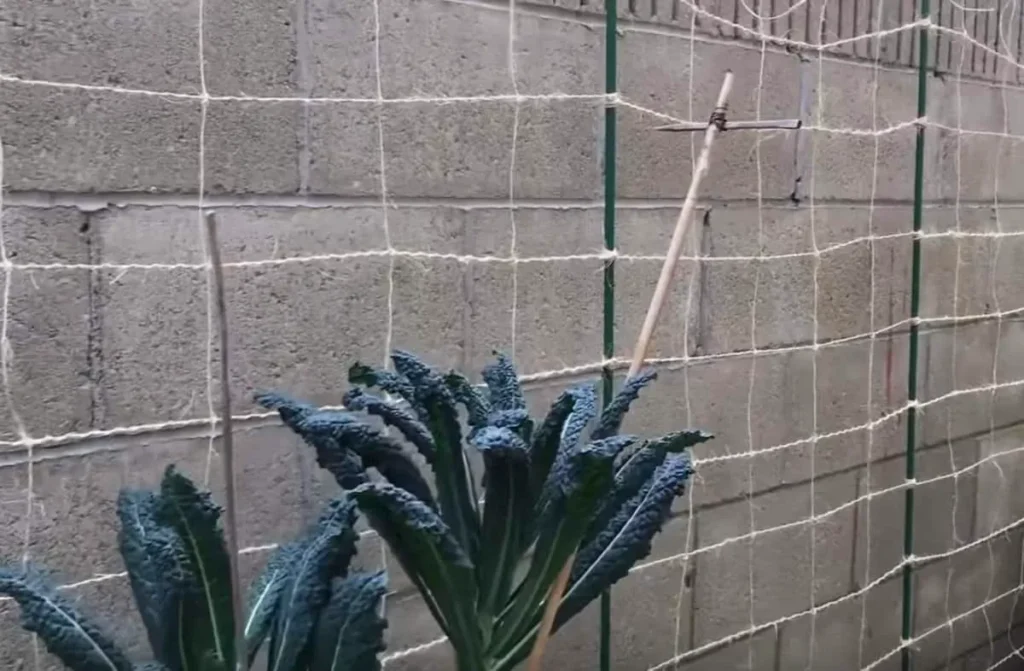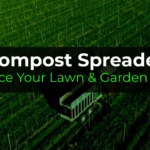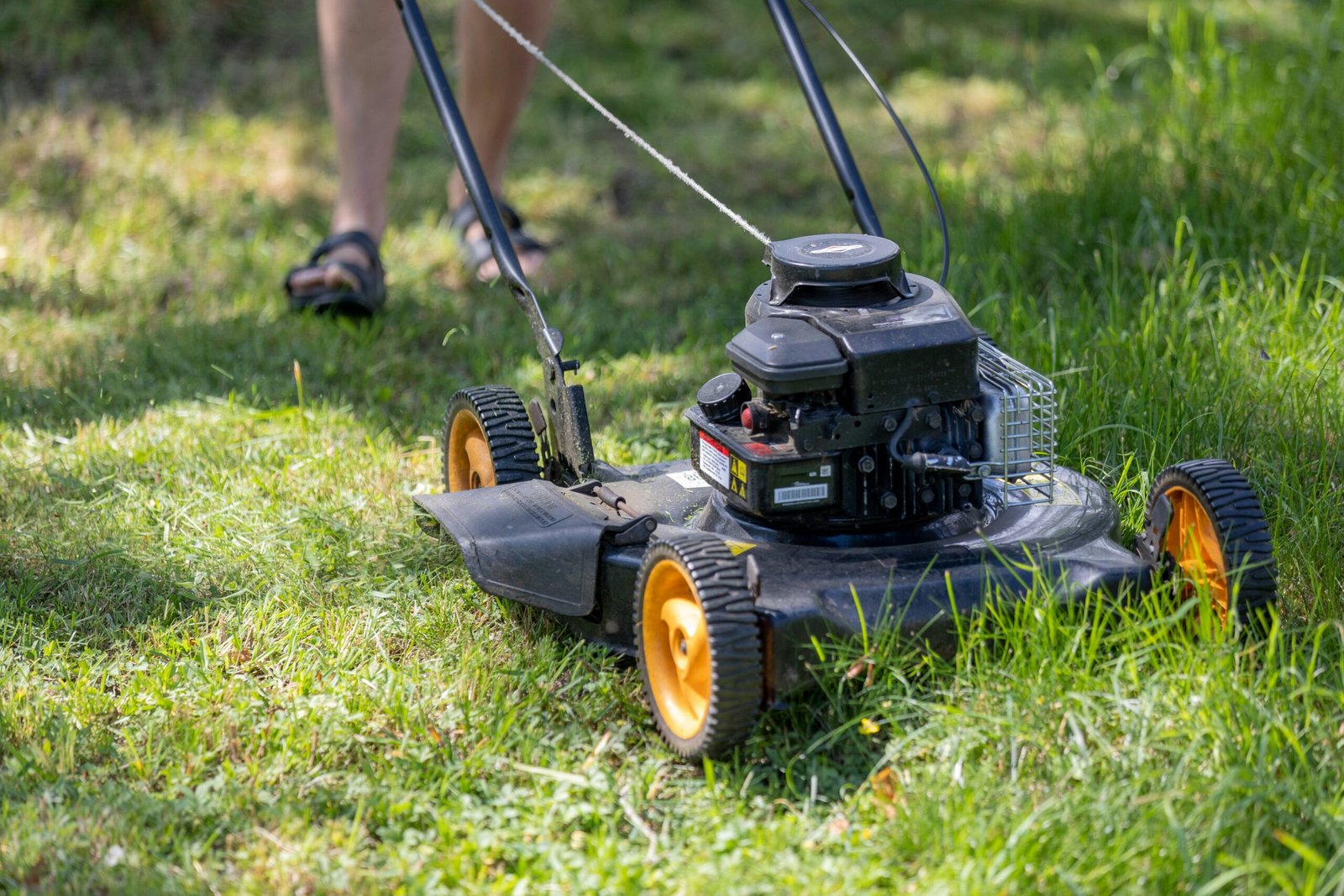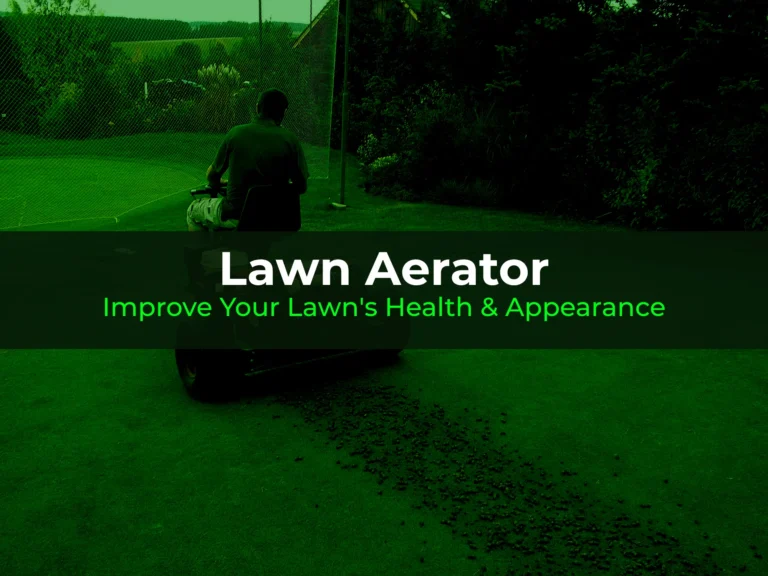
Garden Twine: An Essential Tool for Every Gardener’s Toolkit
Garden Twine is perfect for supporting plants, tying up vines, and organizing your garden. Discover the benefits of using Garden Twine in your gardening routine.
Introduction to Garden Twine
Grower’s twine is multifaceted and essential for any type of gardening, be it for professionals or amateurs. As we all know, garden twine can serve as tools for some gardening chores no matter the experience level of the gardeners in question. Due to this, the use of this gadget has become inevitable due to the simplicity and versatility that are associated with the gardening activity.
Uses of Garden Twine
As mentioned, using garden twine is a versatile tool as it can be used in a number of ways in the garden. It is often used for Cucurbitaceous crops like tomatoes, beans, and cucumbers for its support.
Depending on the plants that you are growing, you have to be very keen to gently support them with stakes or trellises in a bid to enable them to branch out and get enough sunlight.
Moreover, garden twine is ideal for staking rows on the vge- tables used in vegetable farming. This also aids in creating straight lines and if well done it looks great while at the same time it’s easier to handle the garden. Also, it can be employed to wrap herbs and flowers meant for drying, fastening fabricated protectant coatings, and to transform basic plant tags.
Types of Garden Twine
The option of the twine that is used in gardens is very diverse since the different materials used have different pros. Jute, sisal and hemp are among natural fibers, which are biodegradable, and therefore can be considered as more ecological than synthetic ones for the gardeners, who care for their environment.
These fibers are strong and durable and besides the specific uses described here they will adequate for almost all gardening purposes.
However, synthetic twines, which include nylon or polypropylene, tear off easily and are highly suitable to weather elements compared to natural products. In contrast, chemical dyes are not as friendly to the environment as are natural dyes. They include; The choice of twine mainly depends on your particular gardening needs and environ-mental concerns.
Choosing the Right Garden Twine
While choosing the best garden twine there are certain factors that you require to consider depending on the job that you will be undertaking. They are useful for temporary applications since they yield easily and are biodegradable, especially when made from natural fibers.
However, for projects where long-term support will be required or where the stakes must be protected from physically rigorous treatment such as exposure to extreme weather conditions, synthetic twine could be preferable.
Thickness and strength are also important if one considers using an aluminum frame for its structural characteristics. Make sure that the twine you select is durable enough to support the weight of plant growth but not too rigid to harm your crops. For this reason, relying on the packaging with the checklist that involves checking the weight capacity and the intended use can help in solving the problem.
Garden Twine

Conclusion
Garden twine is such a powerhouse tool that even if it’s a small item, it can definitely add so much more to your gardening. It is such a great tool that it provides support to plants and help to organize the garden that can be found in the plant garden very often. When selecting the appropriate twine for use in your garden, it is possible to achieve optimized growth in a much more environmentally friendly way.
FAQs
Q: Can I use any string as garden twine?
Different kinds of string can be applied but garden twine is designed to ensured that it’s tough as well as delicate for use around plants. As for the type of twine used, correctly chosen and protected twine leads to better performance and durability of the construction.
Q: How do I dispose of garden twine?
Some natural fiber twines like the corn twines can be composted or left in the garden to undergo biodegradation. Synthetic twines should be disposed off in line with the local recycles laws and regulations to reduce the effects of the environment.
Q: Can garden twine harm my plants?
Twine which is tightly knotted or rough in texture poses some risks to plants since may cause harm to them. Select a softer twineand ensure that you do not tie it too tight because this might cause harm on your plants.
About Lawn Movers Guide
Interesting Posts


Compost Spreader | Enhance Your Lawn & Garden Health

Top Trends in Lawn Striping Kits for 2024


Lawn Aerator | Improve Your Lawn’s Health & Appearance

Twenty years from now you will be more disappointed by the things that you didn’t do than by the ones you did do.
- Mark Twain Tweet

Lawn Aerator | Improve Your Lawn’s Health & Appearance


Fertilizer Spreader: Enhance Your Lawn’s Health Today
